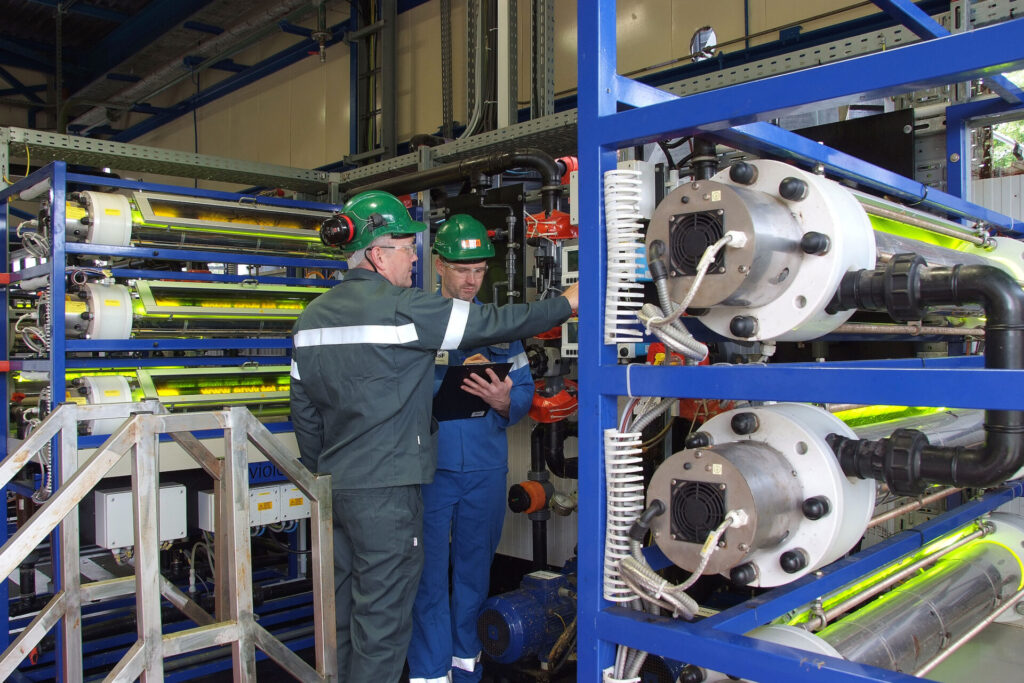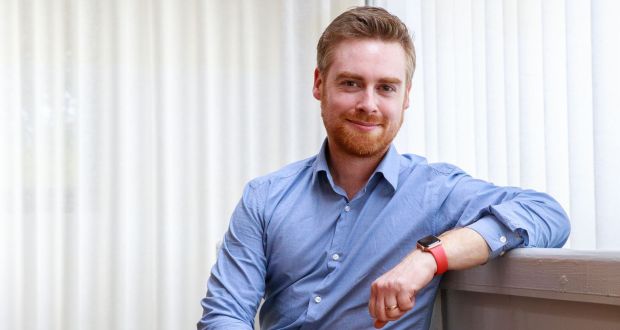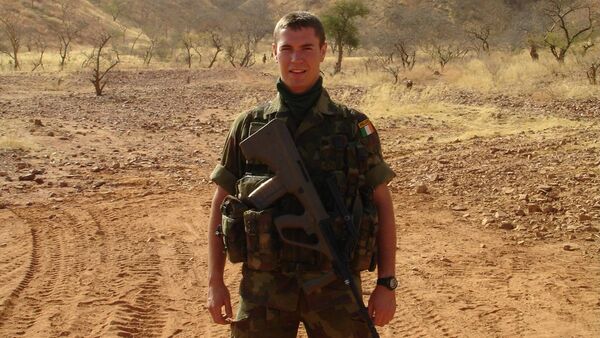How did you get started in your role as the site E&I and Automation Engineer?
I was working in the drinks industry, but I was also giving grinds to a couple of apprentices I knew in maths. I had previously unsuccessfully studied maths in UCC and completed an accountancy qualification but had found myself at a bit of a crossroads. From talking to the apprentices that I was helping out, I became very interested in considering an apprenticeship in Electrical & Instrumentation Engineering (E&I). From there, I decided to actively go about trying to break into the industry.
I began doing a course in Applied Physics and Instrumentation by night in CIT (now MTU), while I was working in the drinks industry. I thought that doing a night course would confirm this interest and give me a good launch pad, plus show potential employers how serious I was about making the move and commencing an apprenticeship.
My lecturer in the course told me about the apprenticeship opportunity with BASF. I was lucky enough to be successful in the selection process and started as an E&I apprentice in the latter half of 2014 within the maintenance department, at the higher than typical age for an apprentice of 28. Since then, I have completed my apprenticeship, gained qualifications from night study and I have now transitioned into my current role as the site E&I and Automation Engineer.
Why did you choose to work with BASF?
BASF is a big global company that offers great opportunities to its employees. The site has a long history in Cork and great track record of producing excellent apprentices.
What are you working on at present?
At present I am working on finalising plans for our upcoming shutdown. There are a number of projects I will be overseeing from an E&I and Automation perspective, so I need to ensure I have these fully scoped out, so they run smoothly and do not cause any delays when the plant is due to start up again.

I also fulfil the role as the SIS (Safety Instrumented System) Engineer for the site. This involves a lot a documentation preparation, in preparation for completing compulsory requirement to proof test the system during our shutdown. As well as this I have a number of day to day responsibilities, and regularly get involved in troubleshooting issues or modifying code to improve operations so I have to be particularly organised around this time when we are coming close to shutdown, to ensure all my planning activities are completed.
What is the best part of your job?
Finishing a project successfully or troubleshooting particularly difficult problems. There are always challenges arising that need to be overcome so there is a constant sense of achievement. All problems and projects will require inputs from others, so this creates a great sense of collaborative achievement.
What is a defining career moment or high point? / Is there a career moment you are proud of?
I was very proud of completing my apprenticeship, it is very challenging in a lot of aspects, but is a great qualification to obtain and I had a great time mostly in doing so. I was very proud of completing my night degree, because it is a massive draining commitment one needs to give. Anybody who has completed qualifications by night while working during the day can attest to that.
I am also very proud of all the projects we have brought to a successful completion over the last 4-5 years investment. We are a very small team, and had the huge issue of Covid in between but we got there in the end.
What is the best piece of professional advice you have received?
The best way to eat an elephant is one piece at a time, or, lefty-loosey righty-tighty.
If you could go back in time and give yourself a piece of advice at the start of your career, what would that be?
Nothing really, I was very committed to it, I just wish I began my apprenticeship sooner. I really think the focus from secondary schools to push students to go straight from 2nd level into 3rd level needs to change. An apprenticeship in my opinion is a far more useful and satisfying qualification than a lot of 3rd level qualifications. An apprenticeship opens up so many doors and is a great base to build on if you do want to obtain further 3rd level qualifications later on. I would encourage students to give apprenticeships serious consideration and I would encourage schools to highlight apprenticeships a lot more, and not solely focus on the CAO application.
What advice would you give to someone who is thinking about interviewing for this position?
Show an enhanced interest in the position somehow — if you are looking to start an apprenticeship, take some online Udemy courses, read a few books or watch a few videos and do some of your own projects as a hobby — highlight these on your CV. Things like a Raspberry PI give a really good understanding of a lot of aspects of what an E&I apprenticeship and further is all about.
What would you say are the key skills and capabilities necessary to be good at what you do?
Attention to detail, teamwork, conscientiousness and a willingness and appetite to always learn.
What is the best career lesson you have learned so far?
Sometimes it is best to take a step back and regroup. As with all other jobs there can be challenging and stressful times. I have found that it is usually best to walk away for a half hour, clear your mind before returning.
Also, it is always a good idea to get other people’s opinions and help on things — never be afraid to reach out even if you think the question may be silly.
Which industry professionals should people be following on Twitter/ Linkedln?
I don’t really use Twitter/ Linkedln, but I have always since my apprenticeship enjoyed following guys on YouTube. I have learned a lot down through the years from channels like Thomas Nagy, Artisan Electrics, Nick Bundy, who are self employed UK electricians just blogging their daily work. I also enjoy following ElectroBoom for the more science based stuff. There are some great channels on YouTube that are entertaining and educational.
Is there a particular book or resource you would recommend to someone early in their career?
When I started my apprenticeship, I bought some Newnes pocket books which were good. But the best resources are YouTube and Udemy. You can learn so much from these.










